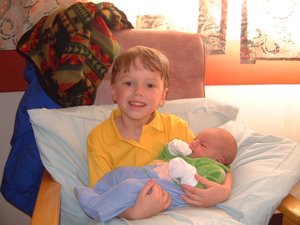I’ve deliberately broken my ‘blog break’ to announce the second of our Recovery Voices, Dr. David McCartney of LEAP (Lothians & Edinburgh Abstinence Programme). I’ve known David since 2007 when I first started to drop in at LEAP when visiting my daughter Annalie, who was a medical student in Edinburgh. David and his team and patients always inspired me. I loved my visits, the last of which was in September last year.
In my Zoom interview with him, David talked about the development of his drinking problem whilst working as a GP in an inner-city practice in Scotland. He described an unsuccessful attempt at sobriety, which involved a medical approach focused on prescribing. In crisis, he later called the Sick Doctors Trust Helpline and was told a doctor’s personal recovery story. That telephone call gave him hope and the opportunity to take his own journey to recovery. David talked about setting up LEAP and about facilitating recovery in the community.
I am thrilled to have this collaboration with David. I’ve always hoped that one day we would be able to do some serious recovery advocacy together. I hope there will be more! I have edited our discussion into 15 short films, totalling just over 76 minutes. Above is one of my favourites from that collection. Please check out the other films. And why not subscribe to our YouTube channel?











